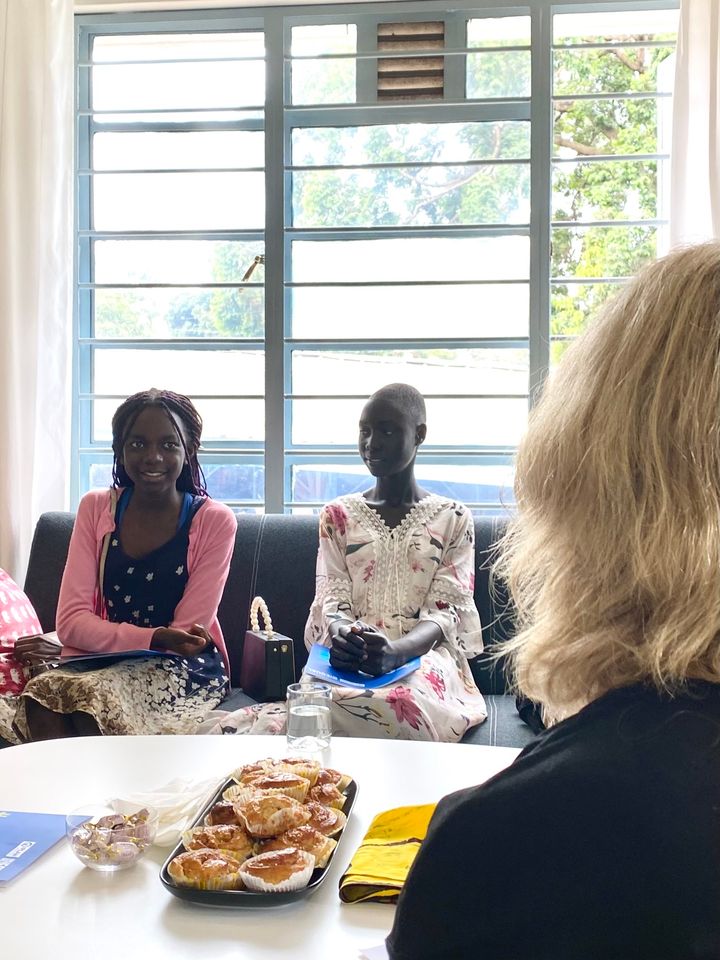Through the Ankole Times, I will be serializing some culturally related educational content for the people of Bugisu and beyond. Legally, we are called Bagisu, and colloquially, we are also referred to as the Bamasaaba people.
Let me use the analogy of the egg and the hen. Who gives birth to whom, does the hen give birth to the egg or the egg give birth to the hen? By extension: do people give birth to culture or does culture give birth to people? Do people practice culture, or does culture practice people? Who follows whom? Does the law follow the people, or do the people follow the law?
Let me begin with the corrigenda, and examine who has the authority to guide the community on matters of culture and law.
In April 2025, the Minister of Gender, Hon. Betty Amongi, published a statutory notice in the Gazette, stating that a notice is hereby given to the general public correcting errors in the names of traditional or cultural leaders and declaring the areas where these leaders exist.
This was done through several notices. Unfortunately, nobody contested them as required by law. A gazette can be legally challenged — but no one did. Hence the saying, “Why close the stable after the horses have already bolted?”
Recall in 2014, the late Hon. Mary Karooro Okurut (may her soul rest in peace), who was then the Minister for Gender, de-gazetted several cultural leaders for using fictitious titles such as “Colonel,” “Commander,” etc. In fact, one of our first Umukuka was nearly arrested in Bunyoro for driving an unregistered car and referring to himself as Umukuka. Traffic officers didn’t even know what that title meant at the time.
A guiding question arises: If the corrections made by the Ministry of Gender affected the entire country, why is only Bugisu making noise? Are the other tribes too indifferent or unconcerned?
The reason most cultural institutions across Uganda are not making noise is simple: they were established within the legal framework, specifically, Article 246 of the Constitution and the Institution of Traditional or Cultural Leaders Act (2011). In Bugisu, however, a few elders created their own “cultural institution,” which they registered as a company under the Companies Act. This was in 2009, before there was any enabling law for the recognition of cultural leaders in Uganda.
The resistance we see now is mainly from a few of those elders, some of whom are still alive, while others have passed on, who had created their own “association of elders.” While we must applaud them for their foundational efforts and innovative thinking, we must also recognize that the Government later stepped in and established a legal framework. Now, any community in Uganda can establish a cultural leader following the existing provisions of the law.
The Inzu ya Masaba elders must listen to the law, not the other way around. Elders cannot create Bukuka (the institution of the Umukuka). It is Ugandan law, in congruence with our customs, that can create Bukuka and Umukuka. Nobody should be allowed to “own” or pocket the institution of Bukuka — it belongs to all Bamasaaba people.




















